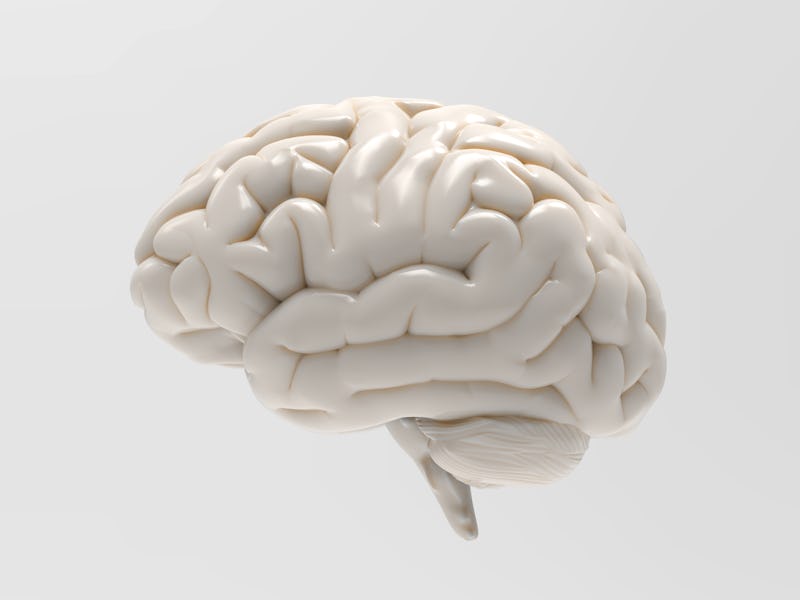After Covid-19 is beaten back, doctors warn of a new challenge that awaits

Isolation, social distancing and extreme changes in daily life are hard now, but the United States also needs to be prepared for what may be an epidemic of clinical depression because of COVID-19.
We are clinical psychological scientists at the University of Washington’s Center for the Science of Social Connection. We study human relationships, how to improve them, and how to help people with clinical depression, emphasizing evidence-based approaches for those who lack resources.
We do not wish to be the bearers of bad news. But this crisis, and our response to it, will have psychological consequences. Individuals, families, and communities need to do what they can to prepare for a depression epidemic. Policymakers need to consider – and fund – a large-scale response to this coming crisis.
A perfect storm of depression risks — Most of us know the emotional components of depression: sadness, irritability, emptiness, and exhaustion. Given certain conditions, these universal experiences take over the body and transform it, sapping motivation and disrupting sleep, appetite, and attention. Depression lays waste to our capacity to problem-solve, set and achieve goals and function effectively.
The general public understands depression as a brain disease. Our genes do influence how easily we may fall into clinical depression, but depression is also, for most of us, substantially influenced by environmental stress. The unique environmental stressors of the COVID-19 crisis suggest that an unusually large proportion of the population may develop depression. This pain is likely to be distributed inequitably.
Health care workers, first responders and others on the front lines are at risk for depression from COVID-19.
Stress and loss — Exacerbating the widespread stress of this crisis, many of us are suffering significant personal losses and grief reactions, which are robust predictors of depression. The ongoing and unpredictable course of these stressors adds an additional layer of risk.
As this crisis unfolds, death tolls will rise. For some, especially those on the front lines, acute experiences of grief, trauma and exhaustion will compound the stress and place them at even greater risk.
Interpersonal isolation — Prolonged social isolation - our primary strategy to reduce the spread of the virus - adds another layer of risk. Our bodies are not designed to handle social deprivation for long. Past studies suggest that people forced to “shelter in place” will experience more depression. Those living alone and lacking social opportunities are at risk. Loneliness breeds depression.
Families, who must navigate unusual amounts of time together in confined spaces, may experience more conflict, also increasing risk. China experienced an increase in divorce following their COVID-19 quarantine. Divorce predicts depression, especially for women, largely due to increased economic hardship over time.
Financial difficulties — The biggest stressor for many is financial. Unemployment and economic losses will be severe. Research on past recessions suggests that rising unemployment and financial insecurity lead to increased rates of depression and suicide. Home foreclosures during the 2008 recession produced a 62% increased risk of depression among those foreclosed.
The mental health burden of economic recession will be distributed inequitably. When the stock market crashed in 2008, the rich experienced large wealth losses but not increased rates of depression. In contrast, those who experience unemployment, debt, and financial deprivation during recessions are at significant risk for depression due to increased stress and difficult life circumstances. Minority-owned businesses may be at particular risk for buckling under the strain.
Recovery will be harder — While the COVID-19 crisis increases the risk for depression, depression will make recovery from the crisis harder across a spectrum of needs.
Given depression’s impact on motivation and problem-solving, when our economy recovers, those who are depressed will have a harder time engaging in new goal pursuits and finding work. When the period of mandated social isolation ends, those who are depressed will have a harder time re-engaging in meaningful social activity and exercising.
When the threat of coronavirus infection recedes, those who are depressed will face increased immunological dysfunction, making it more likely they will suffer other infections. Depression amplifies symptoms of chronic illness. The inequitable distribution of the burden of the crisis will exacerbate existing racial health disparities, including disparities in access to depression treatment.
What to do? Self-help suggestions are readily available. A good list, more evidence-based than most, is here. It is our experience, however, that such self-help encouragements for depression are not enough, and at times even insulting, for those who are truly struggling.
We need higher-level shifts in policy and how we approach the problem. Economic relief measures from the federal government are crucial responses both to the economic recession and psychological depression. We call for a public health campaign to increase awareness of depression and treatment options, and for improvements in mental health sick-leave policies and insurance reimbursement to minimize barriers to treatment access.
How we talk about depression must change. The distress we feel is a normal human response to a severe crisis. Acknowledging and accepting these feelings prevents distress from turning into disorder. Describing depression solely as a brain disease increases helplessness and substance use among those who are depressed and decreases help-seeking. Emphasizing the causal role of our environmental context, in contrast, matches how depressed individuals across different ethnicities view the causes of their suffering, decrease stigma and increases help-seeking.
Finally, we recommend specific treatment options be prioritized. As we have discussed elsewhere, easy-to-train, cross-culturally applicable and effective treatment options exist. We wish for an army of practitioners to be trained and embedded in community and treatment centers across the country, and this army should represent the great diversity of our country.
Depression costs the U.S. economy US$210 billion yearly. That is under normal conditions. An epidemic of depression requires a multi-faceted, multi-level response.
This article was originally published on The Conversation by Jonathan Kanter and Katherine Manbeck at the University of Washington. Read the original article here.